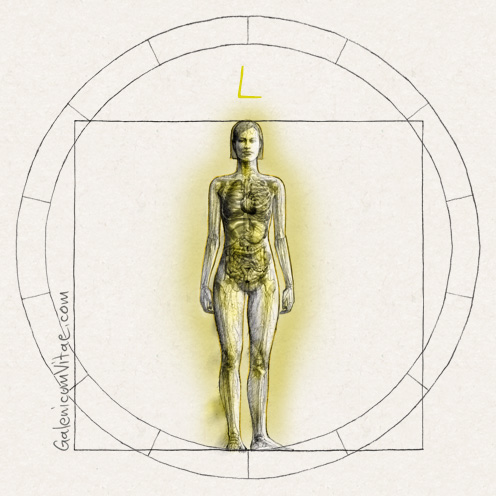Immune and autoimmune diseases
The immune system is a complex network of cells, tissues and organs that work together to defend our body against germs. It helps our bodies to recognise these "invaders" and keep them out of our bodies and if it cannot do so, it finds and gets rid of them. If our immune system malfunctions, it can cause serious problems. The result can be diseases among which include:
- Allergies and asthma: immune responses to substances that are generally not harmful.
- Immune deficiency diseases: disorders produced when one or more of the components forming the immune system is lacking.
- Autoimmune diseases: disorders that cause the immune system to mistakenly attack its own cells and organs.
The immune system protects the body against disease and infection. But if you have an autoimmune disease, your immune system attacks healthy cells in your body by mistake. Autoimmune diseases can affect many parts of the body: psoriasis, rheumatoid arthritis, multiple sclerosis, inflammatory bowel disease (IBD).
The causes are unknown. These diseases tend to run in families. Women have an increased risk of autoimmune diseases.
There are over 80 types of these diseases and some have similar symptoms. This makes it difficult for your doctor to know if you really suffer from one of these disorders and, in the case of suffering one of them, which one it is. In many cases, the first symptoms are fatigue, muscle aches and a rather low fever. But the classic symptom of an autoimmune disease is inflammation, which can cause redness, warmth, pain and swelling.
The disease may also become more acute when it worsens, but it may also have remissions, meaning when symptoms improve or disappear. Treatment depends on the disease, but in most cases the important thing is to reduce inflammation. Sometimes the doctor may prescribe corticosteroids or other medicines that reduce your immune system's response.
For more information visit:
Overview of the Immune System
http://www.niaid.nih.gov/topics/immuneSystem/Pages/overview.aspx

 Digestive
Digestive  Blood
Blood Cardiovascular
Cardiovascular Dermatology
Dermatology Genitourinary,
Genitourinary, Hormones
Hormones Infections
Infections Oncology and
Oncology and Musculo-skeletal
Musculo-skeletal Mental health and
Mental health and Parasites
Parasites Respiratory
Respiratory Senses
Senses Various
Various




